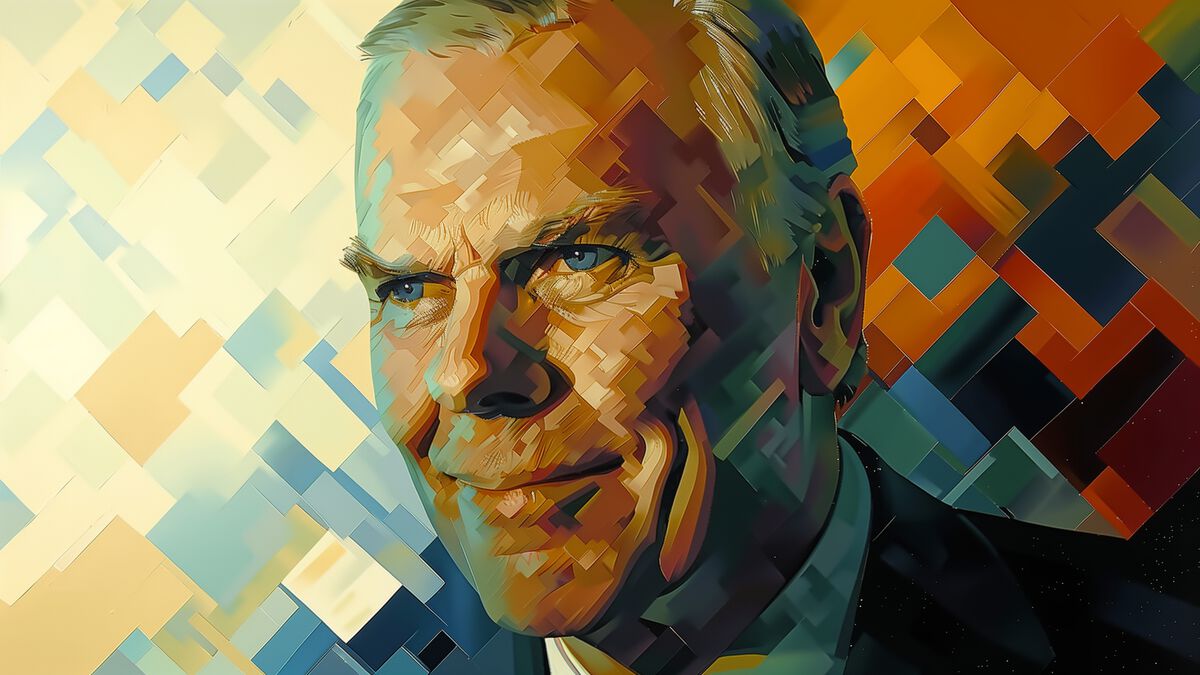Diversity through Empowerment
Lincoln Cannon
16 June 2007 (updated 3 January 2026)
Some have suggested that human empowerment over physical appearance will decrease diversity. For example, see a recent blog entry by Wesley Smith. He claims that “the drive to genetically enhance, contrary to the utilitarian presumptions of the transhumanists, would mean the end of true diversity.” Smith appeals to the physique of Brad Pitt and esthetic tyranny among teenagers as evidences for his claim.
While I agree that the future will probably include more than a few Brad Pitt look-alikes, and that peer-pressure will remain a factor, I see no compelling evidence for the idea that esthetic diversity decreases as esthetic empowerment increases. To the contrary, the evidence suggests to me that diversity increases with empowerment. An excellent example of this is the virtual world of Second Life, where there is extraordinary diversity in avatar appearance, despite users’ empowerment to appear exactly like each other, if desired.
Beyond esthetics, the same principle seems to apply to ethics. As ethical power increases, so does ethical diversity.
Consider, for example, the consequence of democratic governments. While certainly imposing limits on the ethical power of their sub-communities and individuals, democracies have provided a degree of ethical empowerment never before seen in human history. The democratic states no longer impose the more rigorous ethical constraints of religious systems on their citizens. Yet their citizens have not become uniformly hedonistic or nihilistic, as some might have supposed.
To the contrary, these states harbor numerous religions with diverse perspectives on the morality of numerous matters. They also harbor non-religious and anti-religious persons, whose lack of religion generally does not correspond to a lack of ethics. This further increases the diversity of the overall system.
We could go further. Imagine the diversity of worlds awaiting those with increasing epistemic and ontological empowerment!
Of course, as diversity increases, so does the complexity of communication and, more importantly, compassion. For most of us, it is easier to interact with and care for those who are more like us. This is reflected in the religious wars, racism, and sexism of human history. And it’s something with which we continue to struggle today.
No less today than in the past, we need this message of inclusivity from the Book of Mormon:
“[God] doeth not anything save it be for the benefit of the world; for he loveth the world, even that he layeth down his own life that he may draw all men unto him. Wherefore, he commandeth none that they shall not partake of his salvation.
“Behold, doth he cry unto any, saying: Depart from me? Behold, I say unto you, Nay; but he saith: Come unto me all ye ends of the earth, buy milk and honey, without money and without price.
“Behold, hath he commanded any that they should depart out of the synagogues, or out of the houses of worship? Behold, I say unto you, Nay.
“Hath he commanded any that they should not partake of his salvation? Behold I say unto you, Nay; but he hath given it free for all men; and he hath commanded his people that they should persuade all men to repentance.
“Behold, hath the Lord commanded any that they should not partake of his goodness? Behold I say unto you, Nay; but all men are privileged the one like unto the other, and none are forbidden.
“… the Lord God hath given a commandment that all men should have charity, which charity is love. And except they should have charity they were nothing.
“… and he inviteth them all to come unto him and partake of his goodness; and he denieth none that come unto him, black and white, bond and free, male and female; and he remembereth the heathen; and all are alike unto God, both Jew and Gentile.”
Wesley Smith
Wesley Smith is a Christian, author, and lawyer who has published misrepresentations of Transhumanism for many years. At first, I attributed that to his lack of familiarity with Transhumanism and Transhumanists. However, after calling this to his attention many times, in writing and in person, I've become persuaded that he simply values the attention that dishonest fear-mongering generates. Here's a list of articles that I've written in response to Wesley, in chronological order:



